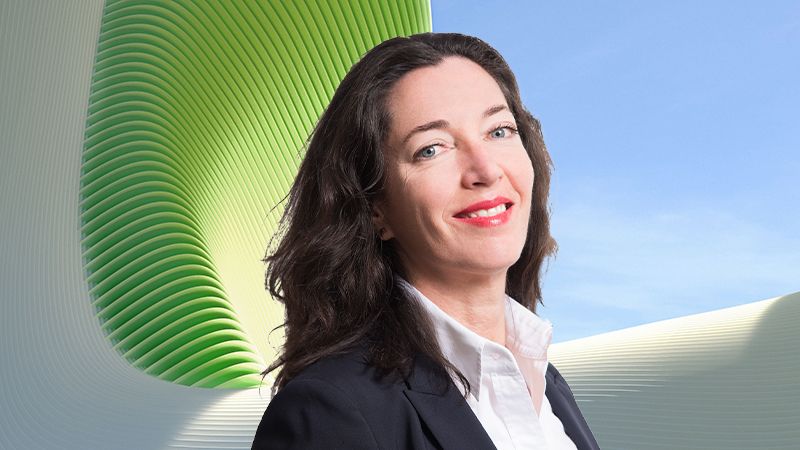Although Schroders Capital was only officially formed in 2021, some of the teams that make up the business – which has grown organically and through acquisition – have operated for more than 70 years, Schroders Capital’s Maria Teresa Zappia (pictured) tells PA Future. It would be fair to say they have the expertise of investing in private markets where, she says, investing in sustainability and impact truly began.
“It’s clear there are huge opportunities in private markets overall, but due to the extended investment horizon and ability to shape the investment process, this is really where impact and sustainability investment started,” the head of impact and sustainability notes.
Zappia herself joined the company through acquisition and is also chief impact and blended finance officer and deputy CEO at BlueOrchard Finance, a company specialising in impact investing in emerging markets, which Schroders acquired in 2019 in an expansion into private markets offerings for its clients.
This was followed up with the purchase of 75% of the shareholding of Greencoat, a European renewable energy investor, in 2021 before the businesses were combined to create Schroders Capital.
Today, the company has some $100bn (£74.7bn) in assets under management allocated across investments within private equity, debt, real estate and infrastructure, indicating the level of growth in this asset class but also the firm’s commitment to impact investing.
“There is immense potential to shape strategies that address both environmental and social challenges [in private markets],” Zappia explains.
She points to examples of BlueOrchard’s focus on financial inclusion and Greencoat’s investments in solar and wind energy, while Schroders’ UK Real Estate Impact fund, which prioritises social housing in deprived UK regions, also makes a positive difference through private investments, she says.
Read the full article in PA Future’s October 2024 digital magazine.








